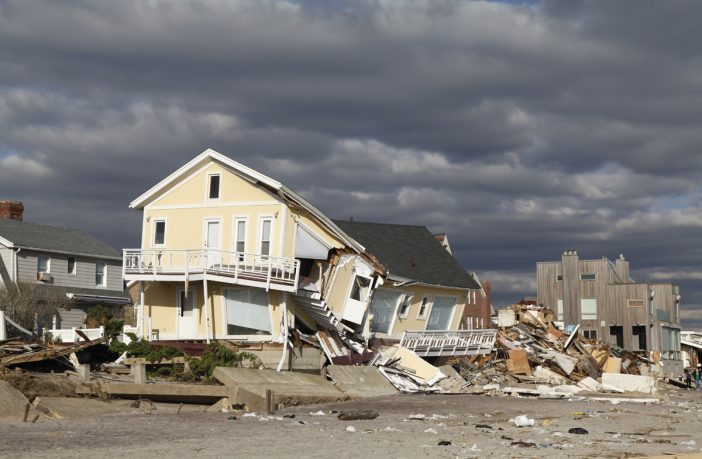Today, Reps. Nick LaLota (R-NY-01) and Vicente Gonzalez (D-TX-34) introduced the Increased Cost of Compliance Modernization Act. This bipartisan bill would aim to lower costs while increasing coverage for homeowners and property owners in high-risk flood areas and improve the National Flood Insurance Program (NFIP).
“Long Islanders have dealt with flooding and the NFIP for decades. We’re resilient people and my Increased Cost of Compliance Modernization Act will ensure our communities are better protected against flood damage while saving taxpayers millions,” said LaLota. “This is a critical piece of legislation that addresses the growing need for improved flood risk management on Long Island. By providing increased funding for flood mitigation measures, my bipartisan bill empowers communities to better prepare for and respond to flood disasters.”
“South Texans are no stranger to the impact of severe flooding and often face devastating repair expenses for their homes and businesses,” said Gonzalez. “As prices increase and flooding becomes more common in our region, the federal government must take steps to ensure that the ICC’s coverage cap keeps up with the modern cost of home repairs caused by flood damage. My bipartisan bill will provide greater peace of mind and economic relief to folks who have already suffered through a natural disaster, so they don’t have to worry about the roof over their head when another storm hits.”
“The Increased Cost of Compliance (ICC) Modernization Act takes an important step in allowing property owners to recover after a flood event,” said Chad Berginnis, Executive Director of the Association of State Floodplain Managers. “An increase in ICC limits is desperately needed since it was last adjusted in 2003. Also, by allowing property owners the ability to buy additional coverage and removing ICC from the limit of applicable coverage, homeowners are able to utilize the full benefits provided in their flood insurance policy to address flood recovery.”
“On behalf of 1.5 million members of the National Association of REALTORS, thank you for reintroducing the Increased Cost of Compliance Modernization Act of 2023,” said Tracy Kasper, President of the National Association of REALTORS. “This bill would modernize ICC by raising the limit, adding an additional coverage option, and no longer be counted toward NFIP’s coverage limit so that policyholders will not have to choose between essential home repairs and mitigation improvements. NAR supports this important measure to modernize flood risk mitigation coverage, and we look forward to working with Congress as the bill is considered as part of a broader NFIP reauthorization bill in the coming weeks.”
To read the full text of the legislation, click HERE.
Background:
Increased Cost of Compliance (ICC) coverage was created by the National Flood Insurance Reform Act of 1994 and became effective in 1997. The cap on ICC coverage began at $15,000 and was last raised in 2003 to $30,000. Over the past two decades, the cost of repairs has risen significantly. ICC is further restricted by FEMA policy that includes ICC payouts in the maximum NFIP payment. This policy limits and can even prevent policyholders from receiving ICC funds.
The Increased Cost of Compliance Modernization Act would:
- Increase the cap on ICC coverage to $50,000 with an additional coverage option that would cover up to $100,000
- This cap is set as a percentage of the maximum amount of flood insurance coverage to allow this cap to move with the cap on coverage
- ICC would no longer be counted toward the maximum NFIP payment
- Expand eligible use of ICC funds to allow ICC to be used as a non-federal match for Flood Mitigation Assistance, Pre-Disaster Mitigation, and Hazard Mitigation Grant Programs
- Offsets costs associated with increased payouts by removing the cap on ICC premiums














